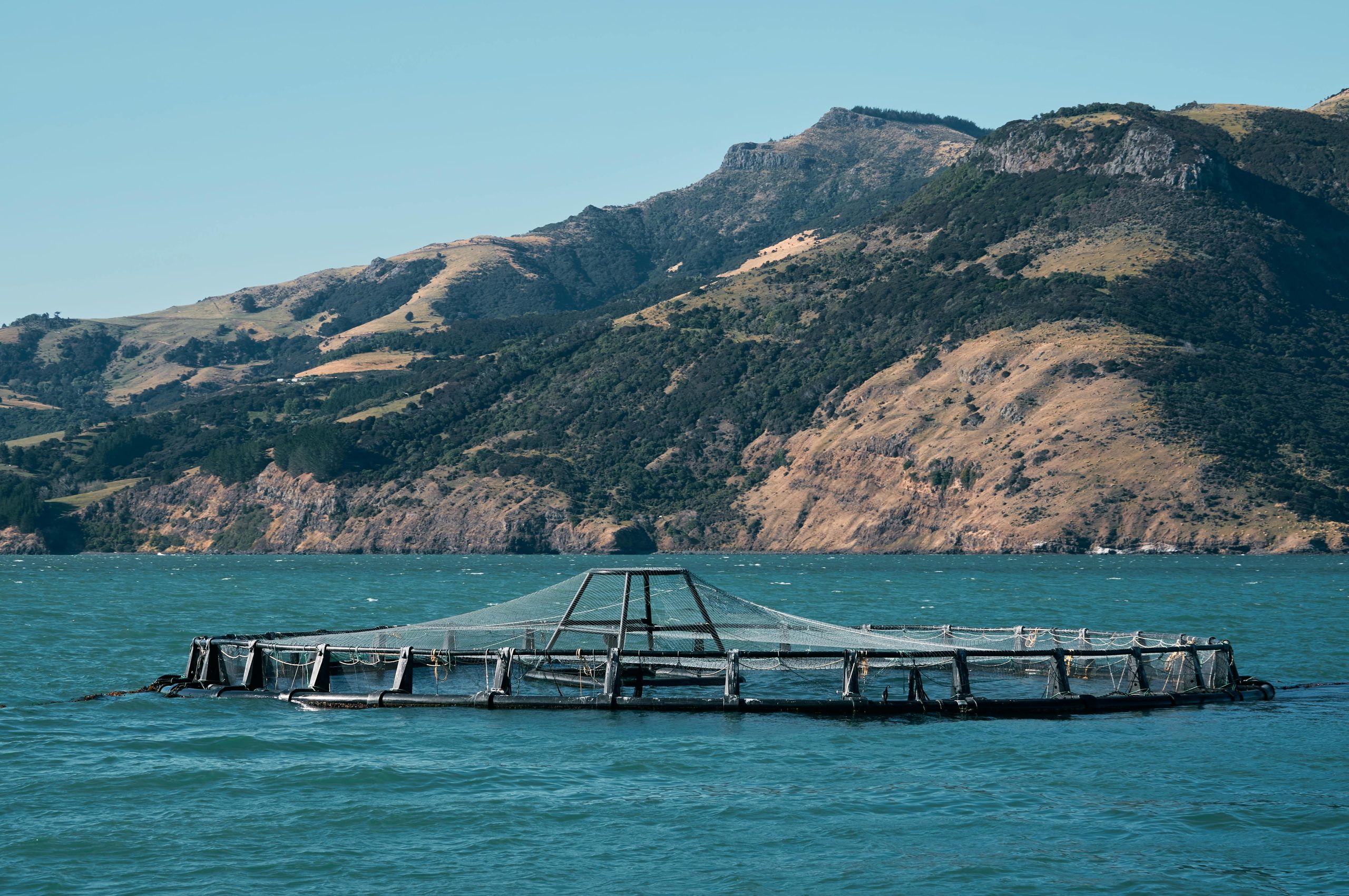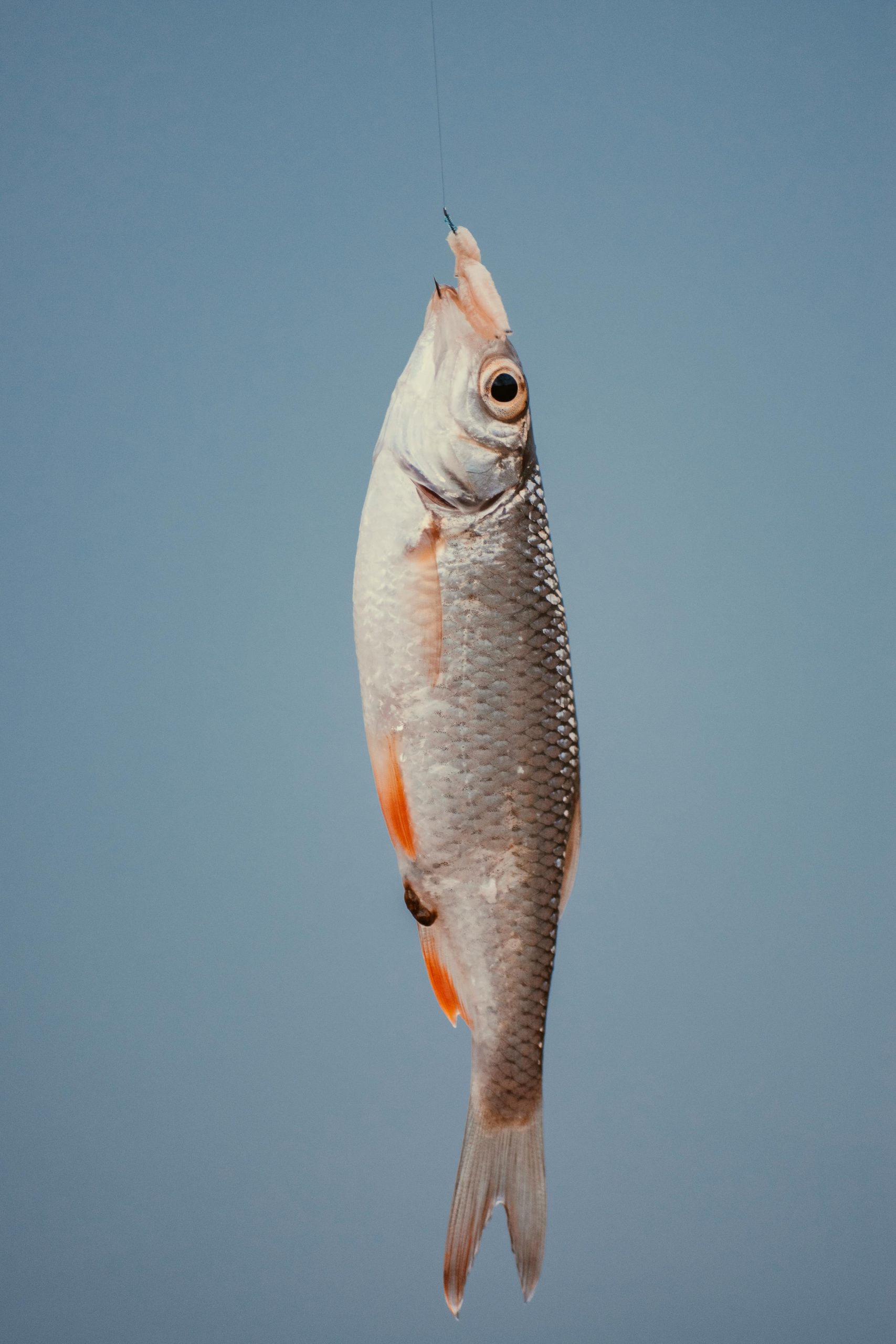Washington state has a deep cultural and economic connection to salmon. It is more than just a food; it is a symbol of the Pacific Northwest’s natural heritage. This is why the rise of large-scale, open-water fish farming, known as aquaculture, has become a source of intense controversy and consumer backlash in the state. Shoppers are now calling for boycotts of one specific product: farmed Atlantic salmon. They argue that this product threatens the health of Washington’s native wild salmon populations.

The Environmental Risks of Net Pen Farming
The primary concern is the practice of raising Atlantic salmon in large, floating net pens in the Puget Sound. Environmental groups and local tribes in Washington have documented a number of serious risks associated with these farms. These risks include the spread of diseases and parasites, like sea lice, from the densely packed farmed fish to the migrating wild salmon that swim past the pens.
The Threat of Escaped Fish
A major incident in 2017 brought this issue to a head. A large net pen near Cypress Island collapsed, releasing hundreds of thousands of non-native Atlantic salmon into the Puget Sound. This event sparked fears that these invasive fish could outcompete the native Pacific salmon for food and habitat. It also raised concerns about the potential for interbreeding, which could dilute the gene pool of the native species.
The Boycott and Legislative Action
In response to these environmental concerns, a coalition of consumers, chefs, and environmental groups has called for a boycott of all farmed Atlantic salmon sold in Washington. They are urging shoppers to choose only sustainably caught, wild Washington salmon instead. This public pressure, combined with the lobbying efforts of local tribes, led the Washington state legislature to pass a law to phase out all non-native fish farming in state waters.
How to Identify Farmed vs. Wild Salmon

For shoppers who want to participate in the boycott, it is important to know how to identify the product. Farmed Atlantic salmon will always be labeled “Atlantic salmon.” Wild salmon from Washington will be labeled with their specific species, such as “King,” “Sockeye,” or “Coho” salmon. The wild salmon will also have a much deeper red color and a firmer texture than the paler, fattier farmed version.
A Vote for Wild Salmon
The boycott of farmed Atlantic salmon in Washington is more than just a consumer trend; it is a grassroots movement to protect a vital part of the state’s identity. The shoppers who participate are using their purchasing power to send a clear message. They are voting with their wallets to protect the future of Washington’s iconic wild salmon runs. They believe this is a cause worth fighting for.
Do you live in Washington state? Do you participate in the boycott of farmed Atlantic salmon? Share your opinion on this important local issue!
What to Read Next
- These 7 Grocery Stores Are The Worst In Washington
- 7 Products and Brands That Were Rebranded After Complaints
- Do Shoppers in North Dakota Actually Save at Bulk Stores?
- 10 Foods You Should Never Freeze—and the Surprising Reasons Why
- Adults Are Ordering Kids’ Meals in Huge Numbers—The Reasons May Surprise You
The post Why Are Washington Shoppers Calling for Boycotts Over This One Product? appeared first on Grocery Coupon Guide.







